Reporting an Emergency
If you ever experience a problem with your sanitary sewer system or notice a sewer overflow, you can call (636) 464-3230 during the hours 7:00 am and 3:00 pm. After hours you may call the sewer emergency service line 636-947-2115.
There are a number of different reasons why sewer backups occur. The Glaize Creek Sewer District truly regrets the inconvenience this situation causes. The following sections will discuss where sewer backups occur, when they are likely to occur, why they occur and who is fiscally responsible.
Always notify the District of a sanitary sewer backup as soon as possible. The District will send a supervisor to document the backup. The homeowner should contact their homeowner’s insurance agent/company to file a claim and have an adjuster out. Payment for damage to the home will then be rectified by the District’s and the homeowners insurance companies.

Lateral Line Problems
Lateral lines are those sewer lines which extend from the customer’s home or business to the main sewer line. The lateral line is considered part of the home and is the responsibility of the homeowner. Many backups occur because the lateral line from the home to the main line becomes blocked. The stoppage can occur from several different things, but most commonly occur from items being flushed down the toilet or drain, or roots that have grown into the lateral line. Most standard homeowner insurance policies DO NOT COVER damage caused by lateral lines that become clogged and cause damage. Homeowners should check with their insurance provider and verify their exact coverage related to lateral back-ups.

Main Line Problems
The main sewer lines are the property of the District and are usually eight inches in diameter. There are times when a main line sewer can become clogged and result in a back-up into a customer’s home. The liability of the District varies based on the reason for the back-up. If an obstruction in the main line is caused by vandalism, such as rocks, rags, bottles, or other debris deposited in the line, the District has no financial responsibility to cover damage to your home. The same is true of clogs caused by sanitary napkins, roots, grease, or other such items put into the sewer system.

Acts of God
The most common reason for a sewer to back-up is excessive rain or flooding. Although the sanitary sewer system is separate from the storm water lines, rainwater can get into the sanitary sewer lines. Excessive amounts of rainwater can use the capacity of the sanitary sewer and cause a back-up to occur in basements and homes. The District is NOT RESPONSIBLE for any damage resulting from Acts of God.

Sewer Backup Insurance
Most standard homeowner’s insurance policies will NOT cover damage from water that backs up through the sewer line, drains or sump pumps. Even if a homeowner has flood insurance, sewer and drain back-ups are normally excluded from those types of policies. Coverage for this type of event must be added as a separate rider to your homeowner’s insurance policy. The District encourages each homeowner to verify their coverage with their insurance provider and consider adding an appropriate amount of sewer and drain backup insurance. This is especially important for customers who live in low-lying areas and those with finished basements.

What Can You Do After a Sewer Backup?
- All sewage and water should be removed immediately from the affected areas. This can be accomplished by using wet vacuums.
- Remove all wet rugs, clothes, boxes, and other items from the affected areas. All washable items should be cleaned immediately and kept separate from non-affected clothing. This includes rugs, clothes, and any other item that can be cleaned in a washing machine. It is recommended to run an empty load through the washing machine with bleach added to ensure that the appliance is disinfected afterwards.
- All concrete floors should be washed down with fresh water, and then washed with a strong cleanser or other germ and odor killing solution.
- All water should be removed from carpets and then the carpet cleaned and deodorized. Contact your local home center or flooring outlet for the latest recommended cleaners for your particular carpet type.
- All items contained in boxes should be removed, cleaned, dried, and the boxes should be properly disposed of.
- Only keep necessary items. If you are keeping any items, make sure they are thoroughly cleaned and dried before they are put away. The basement area should be thoroughly dried. Check with your local rental ships for floor fans and dehumidifiers to assist in drying out cleaned areas.
- Your homeowner’s insurance company may have recommendations that you follow to clean up after an event such as this. Contact your insurance agent/company and ask for their cleanup recommendations.
Reporting a Sewer Emergency?
If you’re experiencing a problem with your sanitary sewer system or notice a sewer overflow, call (636) 464-3230 during business hours 7:00 am – 3:00 pm. If you’re calling outside of business hours, call the sewer emergency service line (636) 947-2115.
